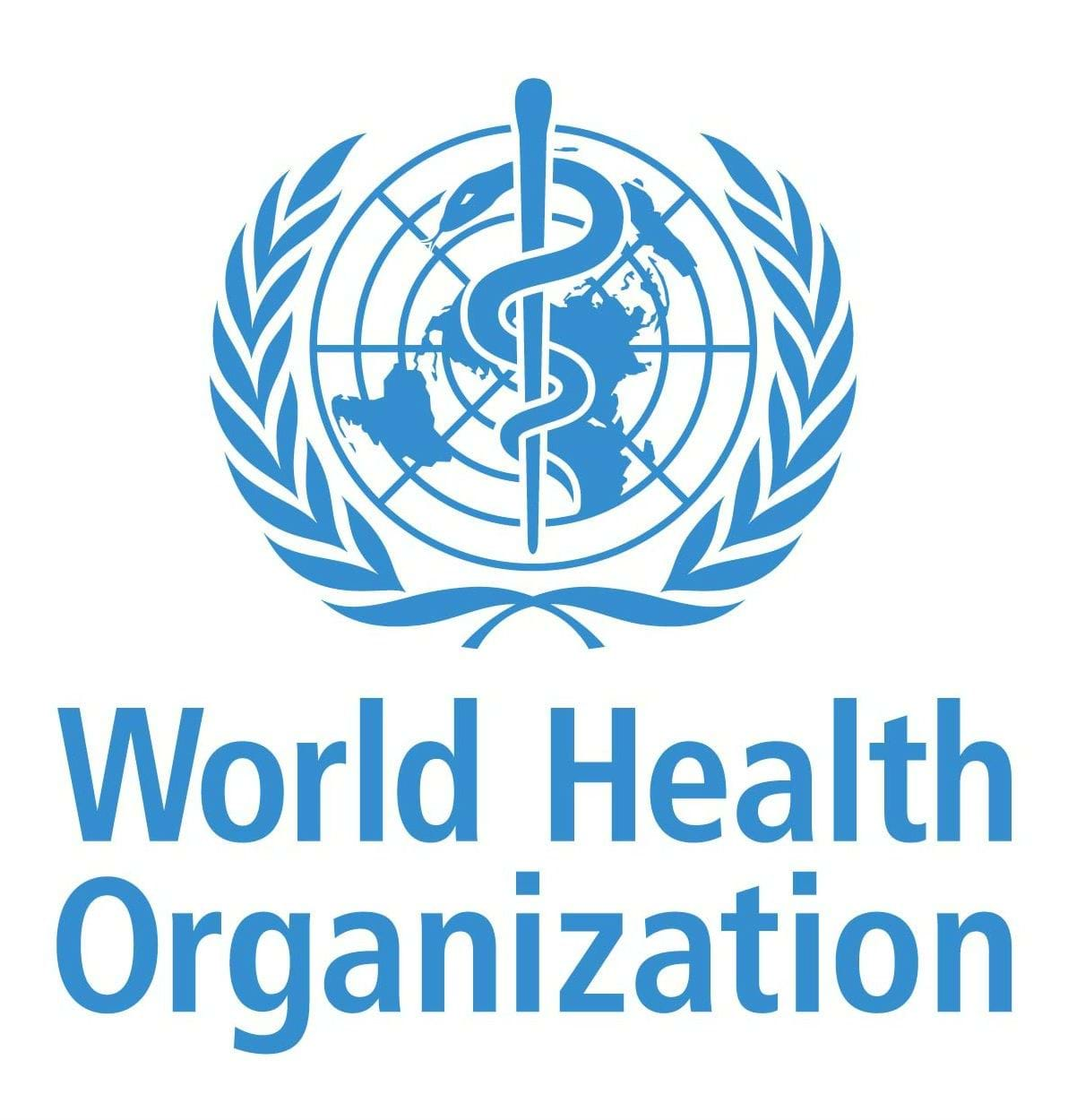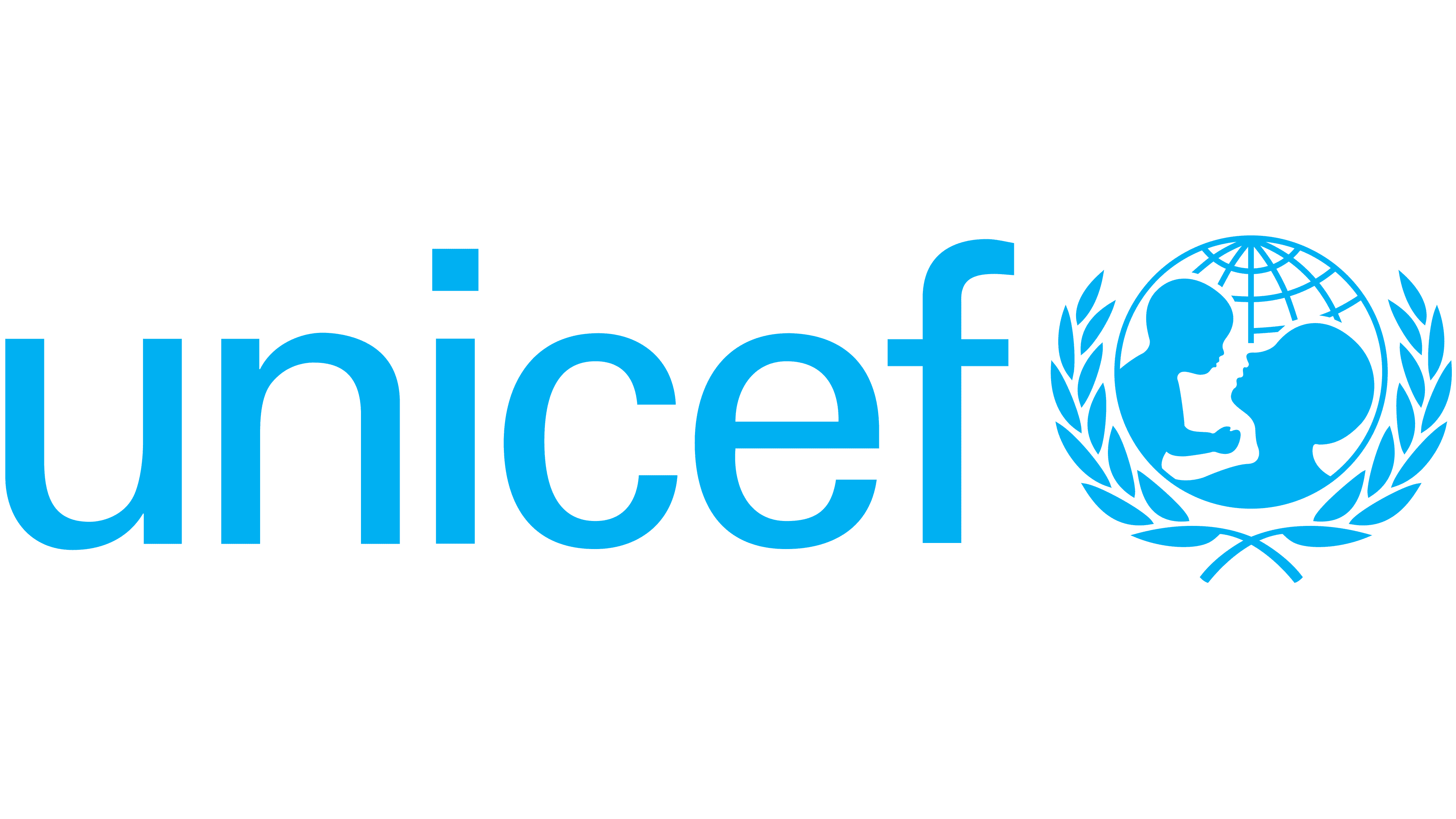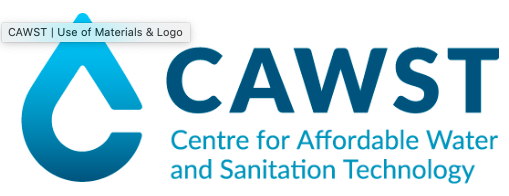Water, Sanitation, and Waste Management
Description
All community members have access to safe and clean drinking water through residential plumbing or, at minimum, within a close distance from the home. Safe and adequate sanitation facilities are available in schools, municipal facilities, and residences to reduce risk of sexual assault and lost educational opportunities. Residential sewage systems efficiently and effectively remove and treat sewage and wastewater to support sanitation and safety from related disease transmission. Waste is collected, sorted, and managed appropriately, with material recovery processes in place where feasible, appropriate green waste handling, recycling, and for remaining waste, well-designed landfills.
Share this Subissue on:LinkedIn
Resources
World Health Organization: Water, sanitation and hygiene (WASH)
The World Health Organization is the foremost authority on water, sanitation, and hygiene, and is a one-stop shop for fact sheets, data and research, guidelines, technical information, resolutions, and other publications related to understanding and taking action on WASH-related issues within a wide range of industry and community contexts. This is an excellent starting point for both leaders and change agents to build their understanding of WASH-related issues.
UNICEF: Water, Sanitation and Hygiene
UNICEF has created a broad array of resources that will help you to understand the challenges and solutions related to water, sanitation, and hygiene (WASH); to the relationship between climate change and WASH; strengthening WASH systems; and WASH in emergencies. As with the World Health Organization's resources, this is an excellent starting point for both leaders and change agents to build their understanding of WASH-related issues.
The Centre for Affordable Water and Sanitation Technology: WASH Resources
The Centre for Affordable Water and Sanitation Technology (CAWST) is a Canadian charity and engineering firm committed to building local knowledge and skills on WASH-related solutions that people can implement themselves. Their website includes webinars, workshops, tools and e-modules, and other guidance related to behaviour change; drinking water and sanitation for emergency contexts; aspects of drinking water quality; and more. These resources will help you to understand the challenges in the communities in which you operate, as well as provide practical knowledge and measures for change practitioners tasked with supporting local efforts.


